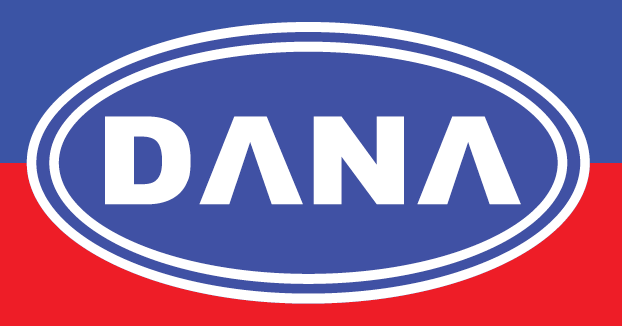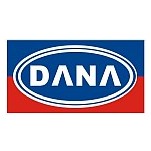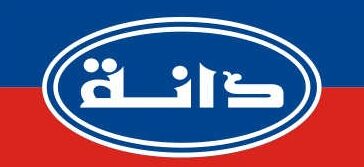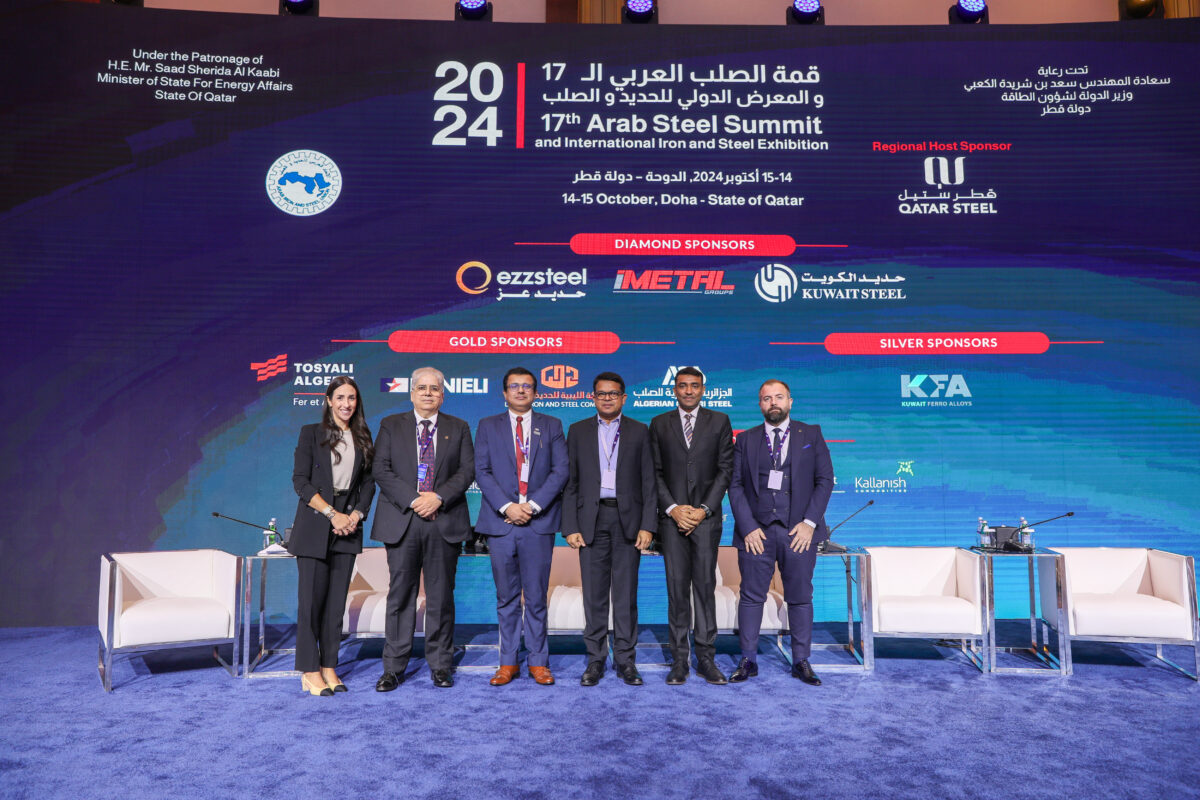Rockwool Sandwich Panels and their usage in Middle East Hot Weather
Rockwool Sandwich Panels are a construction material widely used in the building industry. They consist of a core made of Rockwool, also known as mineral wool, which is sandwiched between two outer layers or facings. These panels offer excellent insulation properties and are commonly used for walls, roofs, and ceilings in residential and commercial buildings.
Composition and Structure of Rockwool Sandwich Panels
The core of rockwool sandwich panels is composed of fine mineral fibers derived from volcanic rock. These fibers are compressed to form a rigid and lightweight panel. The outer facings are typically made of steel or aluminum, providing strength and durability to the panel. The combination of the core and facings creates a robust and efficient building material.
Key Properties and Features of Rockwool Sandwich Panels
Rockwool sandwich panels possess several key properties that make them desirable for construction in hot weather conditions. They offer excellent thermal insulation, fire resistance, moisture and humidity resistance, and noise reduction capabilities. Additionally, these panels are easy to install, require minimal maintenance, and have a long lifespan, making them a cost-effective choice for construction projects.
Understanding the Middle East Hot Weather Conditions
Climate Characteristics of the Middle East
The Middle East is known for its hot and arid climate, with soaring temperatures reaching well above 40°C (104°F) during the summer months. The region experiences low humidity and receives minimal rainfall. These extreme weather conditions pose significant challenges to building design and performance.
Challenges Posed by Hot Weather in Construction
Hot weather conditions in the Middle East present a range of challenges in construction. The excessive heat can cause thermal discomfort for occupants, increase energy consumption for cooling, and accelerate the aging process of building materials. It is crucial to select construction materials that can withstand the harsh climate and maintain optimal indoor conditions.
Impact of Hot Weather on Building Performance
Hot weather can negatively impact the performance of buildings. It can lead to increased thermal transfer, resulting in higher energy consumption for air conditioning. It can also cause expansion and contraction of building materials, leading to structural issues and reduced durability. Therefore, choosing the right building materials is crucial to ensure comfort and energy efficiency in hot climates.
Benefits and Advantages of Rockwool Sandwich Panels in Hot Climates
Excellent Thermal Insulation Properties
Rockwool sandwich panels offer exceptional thermal insulation, helping to maintain comfortable indoor temperatures and reduce the reliance on air conditioning systems. The mineral wool core acts as a barrier against heat transfer, preventing heat from entering the building and keeping the interior cool.
Fire Resistance and Safety
In addition to thermal insulation, rockwool sandwich panels have excellent fire resistance properties. The mineral wool core is non-combustible and can withstand high temperatures without igniting. This feature enhances the safety of buildings, providing valuable time for occupants to evacuate in case of a fire.
Moisture and Humidity Resistance
Rockwool sandwich panels are resistant to moisture and humidity, a crucial characteristic for construction in hot and arid climates. These panels do not absorb water, preventing the growth of mold and maintaining the structural integrity of buildings. The moisture resistance feature also helps in maintaining a healthy indoor environment.
Noise Reduction
Rockwool sandwich panels are effective in reducing noise transmission, creating a quieter and more comfortable living or working environment. The mineral wool core acts as a sound barrier, absorbing and dampening noise vibrations from outside sources, such as traffic or construction activities.
Applications of Rockwool Sandwich Panels in the Middle East
Residential Buildings
Rockwool sandwich panels are widely used in the construction of residential buildings in the Middle East. They provide thermal insulation, fire resistance, and noise reduction benefits, ensuring comfort and safety for occupants.
Commercial and Industrial Structures
In commercial and industrial structures, rockwool sandwich panels are utilized for their thermal insulation properties and fire resistance. These panels help in maintaining controlled indoor temperatures and ensuring the safety of occupants and stored goods.
Cold Storage Facilities
Cold storage facilities, such as warehouses and refrigerated rooms, require efficient insulation to preserve perishable goods. Rockwool sandwich panels offer excellent thermal insulation, preventing heat transfer and maintaining low temperatures inside these facilities.
Healthcare and Educational Buildings
Healthcare and educational buildings demand a comfortable and safe environment for patients and students. Rockwool sandwich panels provide thermal insulation, fire resistance, and noise reduction, creating conducive spaces for healing and learning.
Design Considerations for Rockwool Sandwich Panels in Hot Weather
Optimal Panel Thickness and Density
When it comes to rockwool sandwich panels in hot weather, choosing the right thickness and density is crucial. Thicker panels provide better insulation, reducing heat transfer and keeping your space cool. On the other hand, higher-density panels offer increased durability and strength. Finding the perfect balance of thickness and density will ensure that your panels can withstand the scorching heat without compromising performance.
Ventilation and Air Circulation
While rockwool sandwich panels provide excellent insulation, it’s important to consider the need for proper ventilation and air circulation in hot climates. Incorporating ventilation systems, such as air vents and fans, can help prevent moisture buildup and regulate indoor temperatures. This will ensure optimal comfort and prevent any potential issues related to humidity and condensation.
Solar Radiation and Sun Shading
In regions with intense sunlight, it’s important to address the impact of solar radiation on rockwool sandwich panels. Installing sun shading devices, such as external louvers or shading films, can help minimize direct exposure to sunlight and reduce heat gain. This not only helps maintain a cooler indoor environment but also prolongs the lifespan of the panels by minimizing UV damage.
Integration with HVAC Systems
Integrating your rockwool sandwich panels with an efficient HVAC (heating, ventilation, and air conditioning) system can further enhance their performance in hot weather. By providing proper temperature control and airflow, the HVAC system complements the insulation properties of the panels and ensures a comfortable and energy-efficient indoor environment.
Installation and Maintenance Guidelines for Rockwool Sandwich Panels in Hot Climates
Proper Handling and Storage of Panels
When it comes to installing rockwool sandwich panels in hot climates, proper handling and storage are essential. Protect the panels from exposure to direct sunlight and extreme temperatures during transportation and storage. This will prevent any potential damage that could affect their insulation properties and longevity.
Installation Techniques and Best Practices
Follow the manufacturer’s recommended installation techniques and best practices to ensure optimal performance of your rockwool sandwich panels in hot climates. Proper sealing and jointing techniques will help maintain the integrity of the insulation layer and prevent any air leakage, which can undermine the panels’ effectiveness.
Maintenance and Cleaning Recommendations
Regular maintenance and cleaning are crucial for prolonging the lifespan and performance of your rockwool sandwich panels in hot climates. Remove any dust or debris that may accumulate on the panel surfaces, as this can hinder their insulation capabilities. Additionally, inspect the panels regularly for any signs of wear or damage and address them promptly to avoid any potential issues in the future.
—————————————————————————————————————————————————–
Reduce your Carbon Footprint by using Environmentally Friendly Coated Steel Coils from DANA STEEL. Click Here to know more
About Us
DANA Steel (www.danasteel.com) is an ISO 9001:2015 certified company, with the rich experience of around three decades, we have always thrived hard in order to bring revolutionary changes to the Steel industry; We have our state of the art Cold Rolling Mill (CRM Complex) Situated in DIC (Dubai Industrial City) we proudly manufacture our products in Dubai, UAE.
Our market extends over a wide demographic as we export over products to around 50 countries including countries from the Indian subcontinent (Bangladesh, India, Nepal); South-East Asian countries (Indonesia, Thailand, Vietnam); Middle-East countries including members of GCC (GCC-Saudi Arabia, Bahrain, Kuwait, Jordan, and Oman), KSA ( Riyadh, Dammam, Khobar, Jeddah, Yanbu, Jubail Ibri, Salalah, Muscat, Sohar, Nizwa, Barka). We also have our markets extended to Africa (Djibouti) and South America. With our constant commitment to customer contentment, we can provide competitive prices and faster shipment to all our valuable clients.
Feel free to contact in case of any enquiry. Listed below are the mediums through which you can reach us out!
WhatsApp – +971507983153
Tel – 0097142217273
Email – info@danagroups.com / info@danasteel.com



